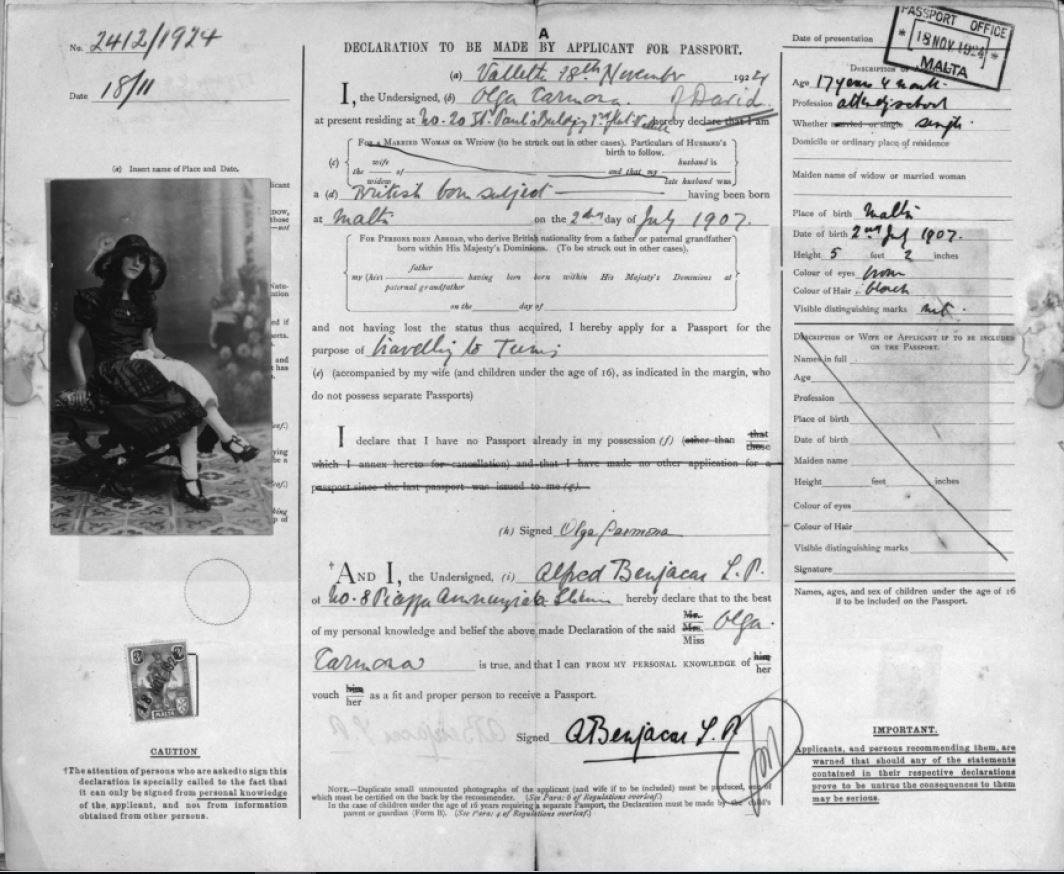Maltese Citizenship Act
The Maltese Citizenship Act lays down the rules for the acquisition of Maltese citizenship by descent, birth, naturalisation, exceptional services to Malta, investment as well as the revocation and deprivation of Maltese Citizenship. An overview of the Maltese Citizenship Act.

Chapter 188, the Maltese Citizenship Act, is the main law that regulates the grant and deprivation of Maltese citizenship. The Maltese Citizenship Act came into being in 1965 after Malta gained its independence and was last amended in 2013 with the introduction of the Individual Investor Programme and in 2020 the grant of naturalisation for exceptional services by direct investment in Malta.
Table of Contents
History of Maltese Citizenship Act
Several amendments were introduced with the passing of time since the Maltese Citizenship Act was enacted. However, the most significant amendments have mainly taken place in the last decade. Maltase accession in the EU required that legislation dealing with Maltese citizenship was revised to meet the requirements of EU law. In fact, the amendments effected by Act IV of 2000 have evidenced the addition of not less than four Parts.
Maltese Citizenship by Direct Family Descent
Part I of the Maltese Citizenship Act listed a number of conditions with the effect of converting citizens of the United Kingdom and Colonies into Maltese citizens following the country's independence on 21 September 1964 known as the appointed day. The general criteria to acquire citizenship included direct family descent, marriage and permanent residence prior to the appointed day.
Maltese Citizenship by Birth or Descent
Part II of the Maltese Citizenship Act considered citizenship acquired by birth or descent in substantial detail.
Maltese Citizenship by Marriage
Part III of the Maltese Citizenship Act dealt with citizenship acquired by registration after marriage. Following marriage to a Maltese citizen a spouse could apply to be granted Maltese citizenship. The process involved taking the oath of allegiance, as is custom in nearly all States. The Minister responsible enjoyed considerable discretion in granting citizenship as it was he who had the final say as to whether the conditions of the public interest had been satisfied.
Dual / Multiple Citizenships
Part IV of the Maltese Citizenship Act dealt with the concept of multiple citizenship allowing a person to be a citizen of both Malta and another state simultaneously. This was aimed to encourage those persons who had forfeited their Maltese citizenship, for some particular reason, to re-apply for Maltese citizenship. Once again, such applicants would have had to take the oath of allegiance.
2007 Amendments to the Maltese Citizenship Act
In 2007, a number of provisions were added to that section of the Maltese Citizenship Act that regulates citizenship acquired on the appointed day, namely, that a person whose ascendant was born in Malta will be entitled to Maltese citizenship upon filing an application and taking the oath of allegiance. Persons who, before 1August 2007, had it not been for their demise, would have acquired Maltese citizenship, became entitled to such status post-mortem. Moreover, if a natural ascendant of a person is shown to have been born in Malta the guardian of the descendant who is a minor could apply for Maltese citizenship for the minor, subject to taking the oath of allegiance by the minor.
Maltese Citizenship for Exceptional Services to Malta, Humanity
An interesting provision included the grant of Maltese citizenship to a person who renders exceptional services to the Republic of Malta or to humanity. That person and his or her spouse may be granted a certificate of naturalisation by the Minister responsible following authorisation by the Prime Minister and the taking the oath of allegiance.
Maltese Citizenship by Investment
With the 2013 amendments to the Maltese Citizenship Act, a person may acquire Maltese Citizenship by Investment if he or she qualifies in terms of the Individual Investor Programme upon the submission of an application together with the taking of the oath of allegiance. The certificate of naturalisation may, in this case, be granted to the applicant, to his or her spouse as well to any eligible dependents of the applicant.